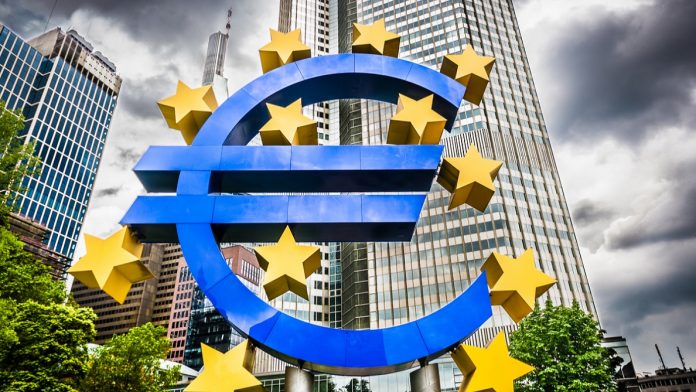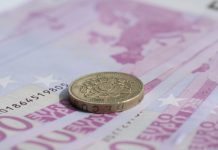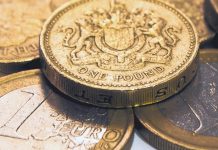The Pound versus Euro exchange rate has tanked 1.2% across Thursday after the ECB left interest rates on hold and the UK looks to up its response to coronavirus. At 13:45 UTC, GBP/EUR is trading at €1.1219 at the low of the day and down 150 points.
Pound Slips As OBR Warns Chancellor
The pound is struggling on Thursday after the Office of Budget Responsibility (OBR) fired a warning shot at the Chancellor Rishi Sunak. The OBR said that the country’s public finances are far more vulnerable following the Chancellor’s budget.
The comments came after Chancellor Rishi Sunak’s budget brought an end to Conservative plans to balance the books, instead it was the largest loosening of fiscal policy since 1992. The OBR now predict that public debt will breach £2 trillion for the first time.
Today Prime Minister Boris Johnson is chairing a cobra meeting that will see the UK move to the next phase of the response to Coronavirus, the “delay phase”. This will mean a change of tactics aimed at delaying the spread rather than containing it. Social distancing strategies are expected, although drastic action such as those quarantine measures seen in Italy will not happen at this stage. The move could unnerve Pound investors.
ECB Hold Rates Steady
The Euro jumped after the European Central Bank opted to keep interest rates on hold at -0.5%. The market had broadly been expecting Christine Lagarde and co. to follow in the footsteps of other major central banks across the globe and cut interest rates. Granted they don’t have much room to move, but a 10 basis point cut was expected.
Instead the ECB opted to increase its bond purchasing programme with a planned €120 billion of bond purchases by the end of the year and more cheap loans to banks. The additional bond purchases come on top of the €20 billion a month. The cheap loans is to encourage banks to lend to small businesses as the coronavirus headwinds hit.
There are growing fears that the eurozone will suffer its first recession since the sovereign debt crisis 7 years ago.





